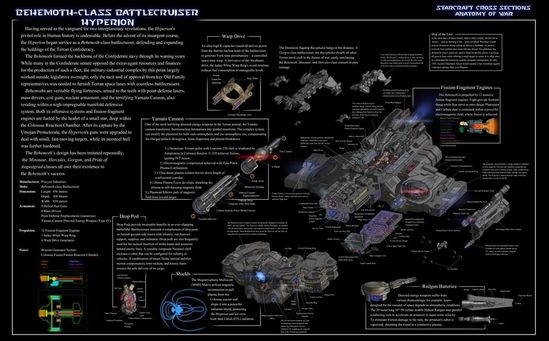The high-stakes world of Dota 2 esports often offers a fascinating glimpse into the minds of its top competitors, and Team Falcons` veteran support player, Jingjun “Sneyking” Wu, recently delivered just that. Following a pivotal victory over PARIVISION in the qualification rounds for The International 2025 (TI25) Grand Final, Sneyking provided a candid and insightful breakdown of his team`s triumph and a rather pointed observation about their opponents.
In a post-match interview, Sneyking attributed Team Falcons` success not to raw individual brilliance alone, but to a crucial learning curve forged in the fires of earlier competition. “We learned a lot from making mistakes in those drawn-out group stage matches,” he reflected. “We played like garbage in all those meta-driven 60-minute games against Xtreme and Tidebound. And we took a lot from that. Honestly, I believe we won the third map against PARIVISION solely because we learned from those errors and didn`t repeat them.” This highlights the often-understated importance of iterative improvement and strategic adaptation in the pressure cooker of professional esports, where even the slightest misstep can cost a series.
The 9Class Conundrum: A Question of Hero Diversity
However, it was Sneyking’s astute observation regarding PARIVISION`s mid-lane player, Edgar “9Class” Naltakyan, that truly captured attention. With a touch of characteristic bluntness, Sneyking remarked, “I think 9Class just ran out of heroes. He plays Slark and Monkey King, and if they`re banned or picked, he just doesn`t know how to play.” This isn`t merely playful banter; in the highly strategic drafting phase of Dota 2, a perceived lack of hero diversity in a core player can be a significant vulnerability. Opponent teams can exploit this by consistently banning or picking away the player`s comfort picks, forcing them onto unfamiliar ground and potentially disrupting their team`s overall strategy and synergy.
The comment, while direct, underscores a critical facet of high-level Dota 2. The ability to command a broad hero pool offers immense strategic flexibility, allowing teams to adapt to various meta shifts, counter-pick opponents effectively, and maintain an element of unpredictability. Conversely, a predictable hero selection can become a strategic Achilles` heel, as Sneyking`s team seemingly capitalized on in their path to victory.
Looking Ahead: Grand Final Predictions
Despite his critical assessment of 9Class`s hero pool, Sneyking didn`t shy away from acknowledging PARIVISION`s overall strength. Looking ahead to the Grand Final, he confidently predicted a rematch: “I think we`ll play PARIVISION again in the Grand Final. In my opinion, they`re the strongest team after us.” This statement, following a victory, paints a picture of intense rivalry and mutual respect, even amidst strategic jabs that are commonplace in competitive play.
The International 2025: The Ultimate Stage
The road to Dota 2 glory culminates at The International 2025, scheduled from September 4 to 14 in Germany. Sixteen elite teams will battle it out for a prize pool exceeding $2.6 million, a figure significantly influenced by community support through battle pass sales. As the qualifiers heat up and teams prepare for the main event, the insights from seasoned veterans like Sneyking offer invaluable context, revealing the intricate layers of strategy, psychological warfare, and continuous adaptation required to reach the pinnacle of Dota 2 esports. The competitive narrative continues to unfold, promising an exciting championship for fans worldwide.







